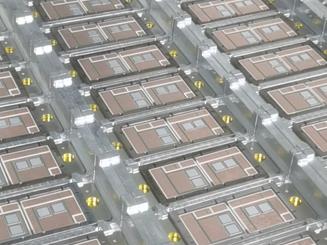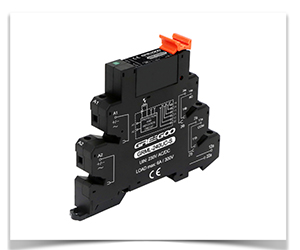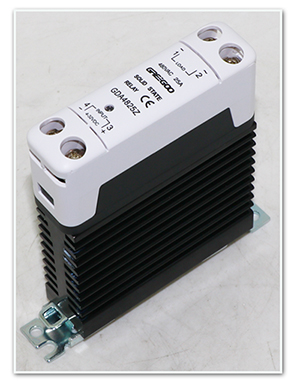Socket Solid State Relay and Solid State Relay with Integrated Heatsink, what's the difference between feature and application
Socket Solid State Relay
Features:
- Design: Socket solid state relays are designed to be inserted into standard relay sockets, making installation and replacement convenient.
- Ease of Maintenance: The socket design simplifies maintenance and replacement.
- Flexibility: They can be easily swapped and used in different applications.
Applications:
- Suitable for situations requiring frequent replacement or maintenance.
- Commonly used in industrial automation, heating control, and similar fields.
Solid State Relay with Integrated Heatsink
Features:
- Thermal Performance: The integrated heatsink design enhances the relay's heat dissipation capability, making it suitable for high-power applications.
- Compact Design: The integration of the heatsink results in a more compact design, saving space.
- Reliability: The integrated heatsink increases the relay's reliability by reducing the risk of overheating.
Applications:
- Suitable for high-power and high-temperature environments, such as motor control and heating equipment.
- Commonly used in industrial applications requiring high reliability and long lifespan.
These two types of solid state relays have their own advantages in design and application. The choice should be based on specific application needs and environmental conditions.

Solid State Relay, Direct Factory Price, Greegoo is your Best Choice!
Solid State Relay, Direct Factory Price, Greegoo is your Best Choice!
Read More
Sintering process in the chip of solid-state relays is of significant importance.
The use of sintering process in the chip of solid-state relays is of significant importance, primarily for the following reasons
Read More
How to Use a Vacuum Contactor? A Comprehensive Guide on Vacuum Contactors
Understanding well about Vacuum Contactor, A Comprehensive Guide
Read More
Mini Puck Solid-State Relay: A Compact and Reliable High-Efficiency Switching Solution
The GF1 solid state relay uses back-to-back thyristors for switching, which are more durable than traditional triacs.
Read More















